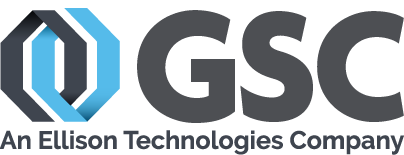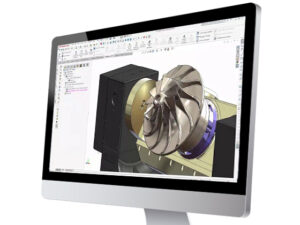In the realm of manufacturing, setting up production equipment and fine-tuning the manufacturing process has traditionally been a time-consuming and resource-intensive endeavor. However, with the emergence of 3D printing technology, manufacturers now have a powerful tool at their disposal to streamline and accelerate the setup and research and development phases of their manufacturing processes.
The Role of 3D Printing in Manufacturing Setup:
Rapid Prototyping of Tooling Components
When preparing for production, manufacturers often require specific tooling components to optimize equipment and ensure smooth operation. Traditionally, these components would be sourced from external suppliers or custom fabricated, which can result in long lead times and high costs. 3D printing offers a rapid prototyping solution, enabling manufacturers to produce customized tooling components in-house quickly. By eliminating the need for extensive lead times and complex fabrication processes, 3D printing accelerates the setup of production equipment.
Customization for Manufacturing Equipment
Each manufacturing process has unique requirements, and equipment often needs custom modifications or adaptations to suit specific production needs. 3D printing enables manufacturers to create bespoke components and modifications for their equipment, tailored precisely to their requirements. By leveraging the design flexibility of 3D printing, manufacturers can iterate and test different designs without the need for expensive and time-consuming traditional machining processes. This level of customization streamlines the setup process and ensures optimal performance of the manufacturing equipment.
Accelerating R&D with Iterative Design
During the R&D phase of manufacturing setup, multiple iterations and design improvements are often necessary to optimize the production process. 3D printing allows for rapid design iteration by quickly producing prototypes of the desired components. Engineers and designers can evaluate and test these prototypes, identifying potential design flaws, improving functionality, and making necessary modifications without the constraints imposed by traditional manufacturing methods. The iterative nature of 3D printing significantly accelerates the R&D process, bringing manufacturers closer to their ideal production setup.
Reduction in Time and Costs
Integrating 3D printing into the manufacturing setup process offers tangible time and cost savings. By producing tooling components and customized parts in-house, manufacturers reduce lead times associated with sourcing or custom fabrication. Additionally, 3D printing eliminates the need for expensive tooling and molds, which can significantly reduce setup costs. The ability to rapidly prototype and iterate designs using 3D printing also minimizes wasted resources and mitigates the risks associated with costly manufacturing errors.
Innovation and Flexibility
3D printing’s impact on manufacturing setup extends beyond streamlining existing processes and promotes innovation and flexibility. By empowering manufacturers to quickly and cost-effectively create custom parts and modifications, 3D printing opens doors to experimentation and optimization. This encourages manufacturers to explore new approaches, implement design improvements, and adopt agile manufacturing practices. The ability to efficiently test and refine ideas using 3D printing contributes to a culture of innovation and continuous improvement within the manufacturing industry.
Should you be leveraging 3D Printing?
3D printing changes the manufacturing setup and R&D with rapid prototyping, customization, iterative design, and cost-effective tooling. Reduced lead times, lower costs, and enhanced flexibility drive quick innovation and optimal outcomes. If you are involved in product development, incorporating 3D printing can bring numerous benefits compared to traditional prototyping methods. Check out some examples of applications companies are printing with Markforged.
Contact Us
Interested in delving deeper into metal or composite 3D printing or would like to schedule a visit to see the technology in-person? Get in touch with one of our experts: 800-454-2233.
Share
Meet the Author

